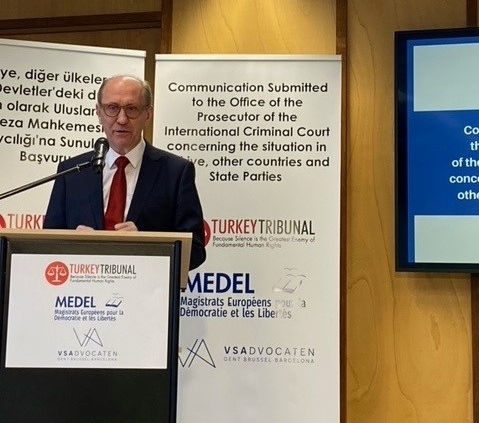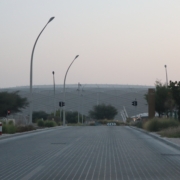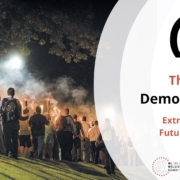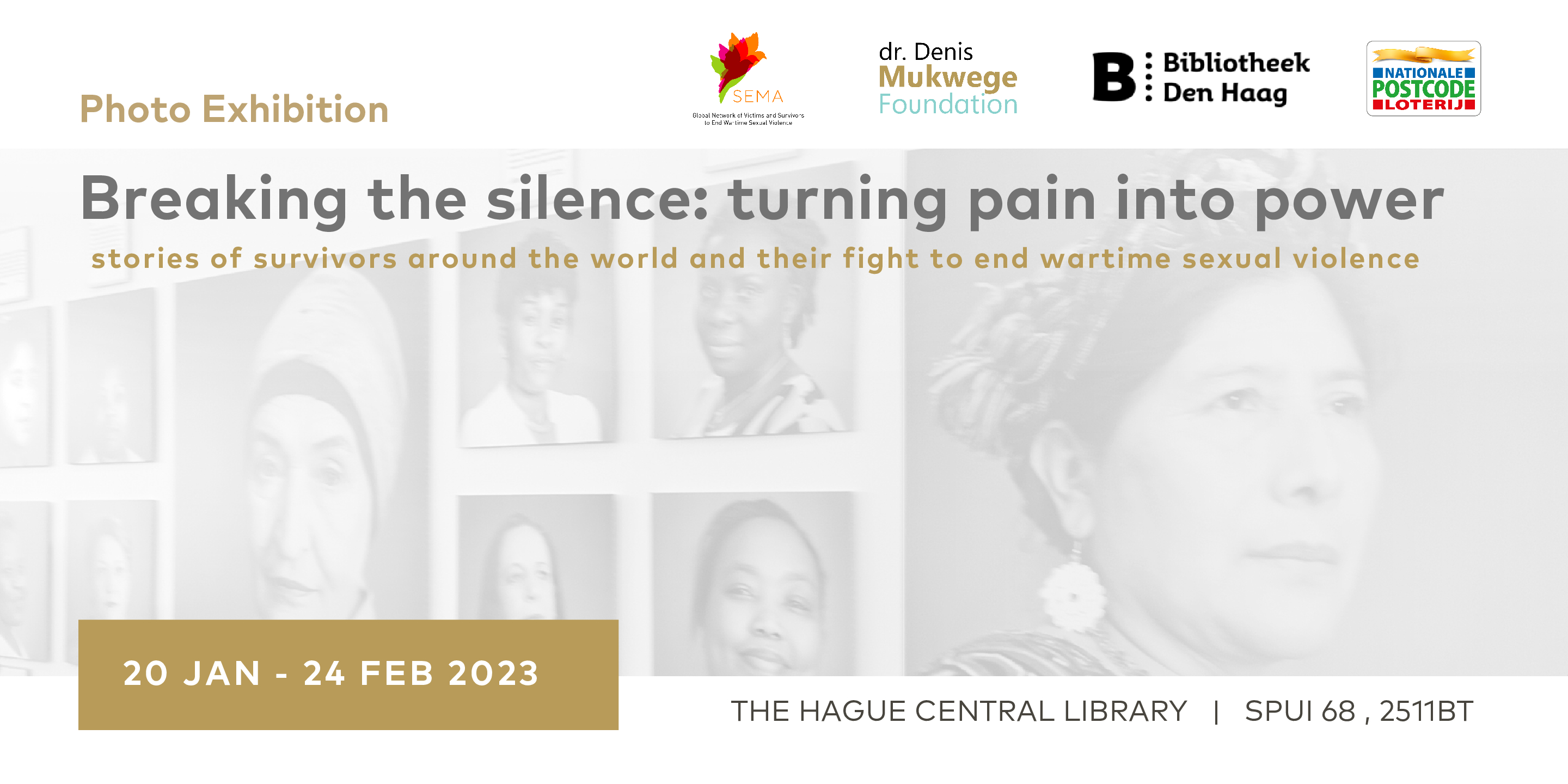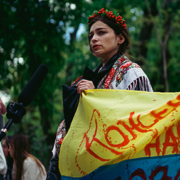Coalition of NGO’s and Lawyers ask ICC to investigate human rights abuses in Turkey
By Thomas Ansell
A panel of international legal experts and investigators have jointly submitted a ‘communication’ to the Office of the Prosecutor of the ICC, asking that the court open an investigation into crimes against humanity committed by the Turkish state against political opponents over the last decade. The communication has been submitted on behalf of more than 200,000 people who have suffered prosecution and torture since a failed coup in Turkey in 2016.
The effort was announced on March 1 at a press conference at The Hague Humanity Hub in The Hague, The Netherlands.
The Belgium-based NGO ‘Turkey Tribunal’ has been working with VSA Advocaten and the MEDEL organisation of judges and prosecutors to gather evidence and testimonies and submit the dossier to the ICC. Whilst the coalition admits that not all of the documented crimes can be judged by the ICC, they hold that crimes committed by around 1,300 people do fall under the jurisdiction of the court.
‘Over 200,000 victims’
The communication documents instances including Torture, Enforced Disappearance, Imprisonment in Violation of the Fundamental Rules of International Law, and Persecution. This includes 463 individual statements of torture, relating to around 800 people.
The communication to the court also documents 59 cases of Enforced Disappearance (both domestically and internationally), relating to 109 individuals. It also makes mention of 1,789 cases of wrongful imprisonment relating to 51,205 people. Finally, the communication documents a widespread campaign of ‘social death’ made by Turkey; including confiscating passports, removing licenses to teach, shutting down schools, and more.
Parading impunity
One of the most impactful elements of the communication related to the Turkish governments’ parading of its impunity: with a press conference in 2021 held by President Erdogan including an image of a Turkish teacher identified as having been abducted overseas. The teacher in question clearly showed signs of torture, and it is documented that the teacher then underwent surgery to repair a broken arm.
Can the ICC act on this information?
As stated during the press conference, whilst Turkey is not a signatory to the Rome Statute (and therefore isn’t subject to the authority of the court), there is a precedence for prosecution. In 2019 the ICC decided that it could prosecute individuals related to human rights abuses in Myanmnar (also not a signatory to the Rome Statute), because some of the crimes had been committed or had begun on the soil of Bangladesh (which is a signatory).
Throughout the communication, the coalition has noted crimes that could, in their view, fall under the purview of the court: 17 people have experience enforced disappearance in 8 countries, whilst about 1,300 people have been subject to persecution by the Turkish State.
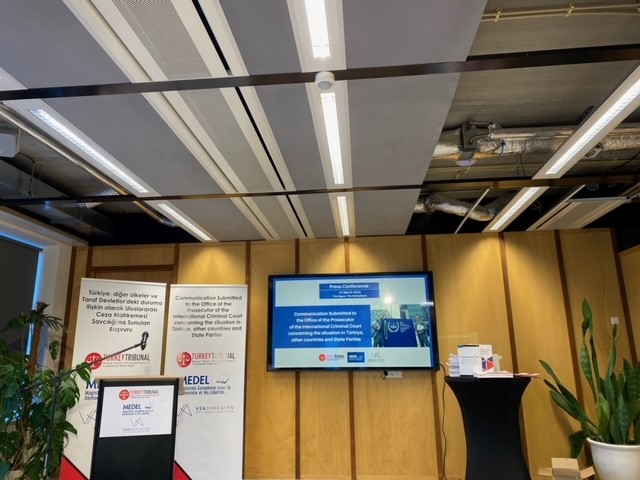
What is Turkey’s justification?
Turkey maintains that its arrests and activities fall under the umbrella of security. The coalition submitting its communication to the ICCC notes that 270,000 people have been prosecuted in the country for being a ‘hierarchical part’ of a terrorist organisation. This would mean that Turkey (with a population of about 87 million) would have about 0.3% of its population being ‘hierarchical members’ of a terrorist organisation.
The coalition makes pains to say that its investigation is not related to anti-Turkey sentiment, with Emeritus Professor Marc Baron Bossuyt (a renowned Belgian ex-politician and jurist, who is supporting the effort on behalf of Turkey Tribunal) saying that “the submission of this communication should not be perceived as a hostile act against Türkiye. It is neither an action in support of those that were involved in hat failed coup d’état. It is in support of all those- and there are many- that suffer under those gross violations of Human Rights”.
What happens now?
The Office of the Prosecutor of the ICC must now make the decision as to whether the communication provides enough evidence, gravitas, and impetus to open an investigation and, possibly, a prosecution.
More information on the communication and the campaign can be found on the website of Turkey Tribunal

